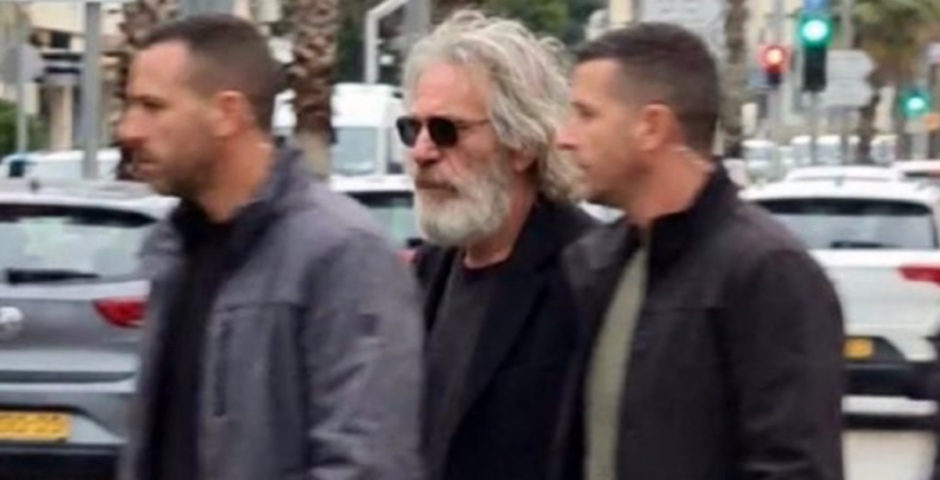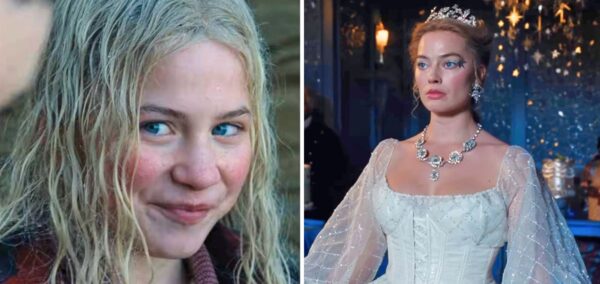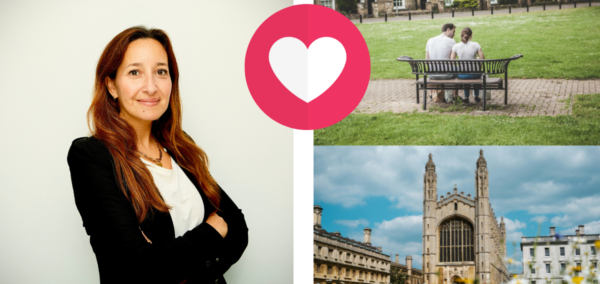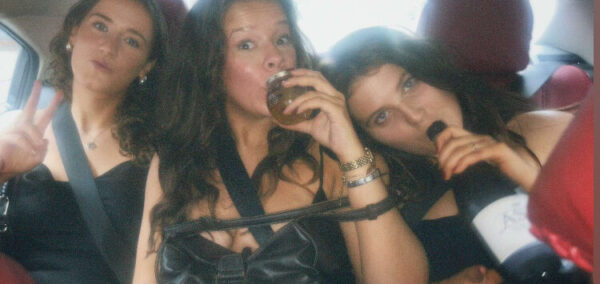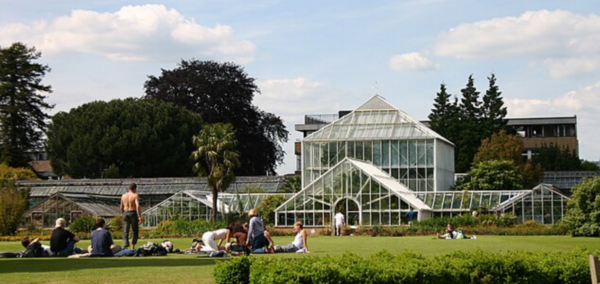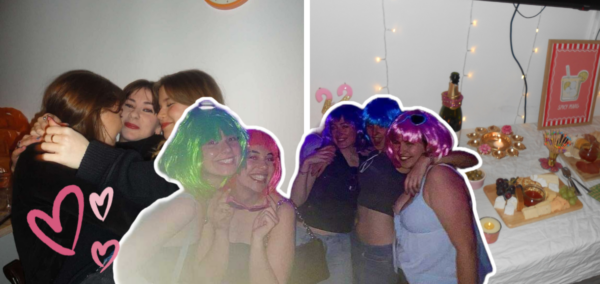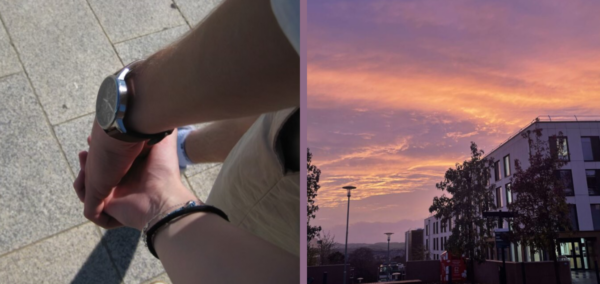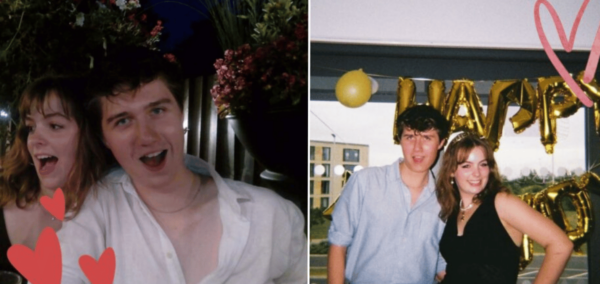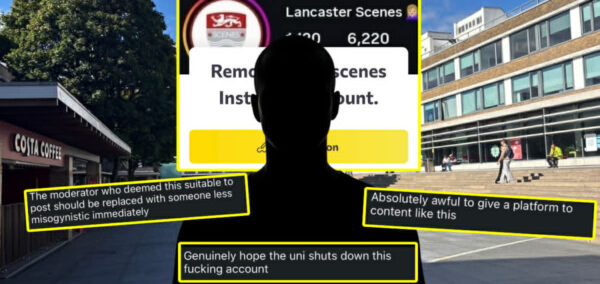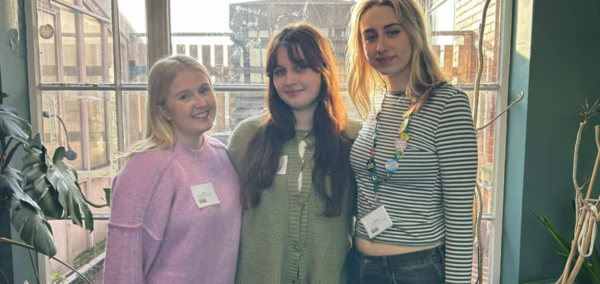
Bristol Uni’s History Society launch petition to rename Goldney House due to slavery links
‘Goldney, like Colston, is not part of the university’s history and therefore should be removed’
The University of Bristol’s History Society has launched a petition to rename the university building Goldney House due to its familial links with the transatlantic trade in enslaved Africans.
This comes after Bristol University’s decision in November 2023 not to rename the building, alongside several others associated with the slave trade, subsequent to a year-long public consultation.
It also follows the society’s recent decision to reject the university’s crest due to its including the sun symbol of the Wills family and the horse symbol of the Fry family, both of whom dealt with products connected to enslaved labour.
Discussing why it’s important to rename Goldney House, History Society said: “The Goldney Family have undeniable links to slavery.
“Thomas Goldney II funded several voyages which trafficked enslaved Africans, as written in the University of Bristol’s Legacies of Slavery Report.
“Profits from this immoral trade contributed towards the expansion and improvement of Goldney House. In addition, these profits funded the creation of manillas (a type of currency), which were used to trade for enslaved people.
“Goldney House has a tainted legacy, which is at odds with the inclusive values of the University of Bristol.”
The society also insisted that the university’s renaming criteria mean it only makes sense for Goldney House to be given a new name.
It said: “Speaking about the recent renaming, the vice-chancellor, Evelyn Welch, said, ‘Colston was not a donor to the university and had no relationship with the institution or its predecessors’.
“This was why the Colston residence was renamed and the Colston Dolphin removed from the University of Bristol Crest. Colston and Goldney are the same as they both have solely symbolic connections to the university and were involved in trafficking enslaved people.
Most Read
“Neither family contributed financially or ‘had a relationship with the institution’. Goldney, like Colston, is not part of the university’s history and therefore should be removed.
“According to the university’s renaming criteria, Goldney House fits all the conditions, yet was absent from the VC’s statement over the findings of the consultation to rename buildings.
The society’s statement concluded by warning the university that failing to rename Goldney House “will deter prospective students, particularly those from Black and minority ethnic communities, from attending the university”.
It strongly believes that change will “enrich the diversity and academic brilliance of the University of Bristol” as well as help create a “more welcoming and inclusive environment for all students and staff”.
A spokesperson for the University of Bristol said: “Goldney Hall has ties to the slave trade as the Goldney family funded several ships that took part in the triangular slave trade. But the Goldney family did not donate money to the university.
“The university bought Goldney Hall and its gardens in the 1950s, when the family was breaking up the estate. So, it is solely through this purchase that the university is associated with the Goldney family.
“In keeping with the decision to retain the names of the buildings that carry the Wills and the Fry names, we will also retain the name of Goldney Hall. This is to make sure that we represent our history most accurately.”
Related stories recommended by this writer:
• Bristol Uni to change logo but not rename buildings following inquiry into slave trade links
• Here’s what Bristol Uni students think of renaming buildings linked to slave trade
• Bristol University to ask students their suggestions for renaming buildings linked to slave trade


